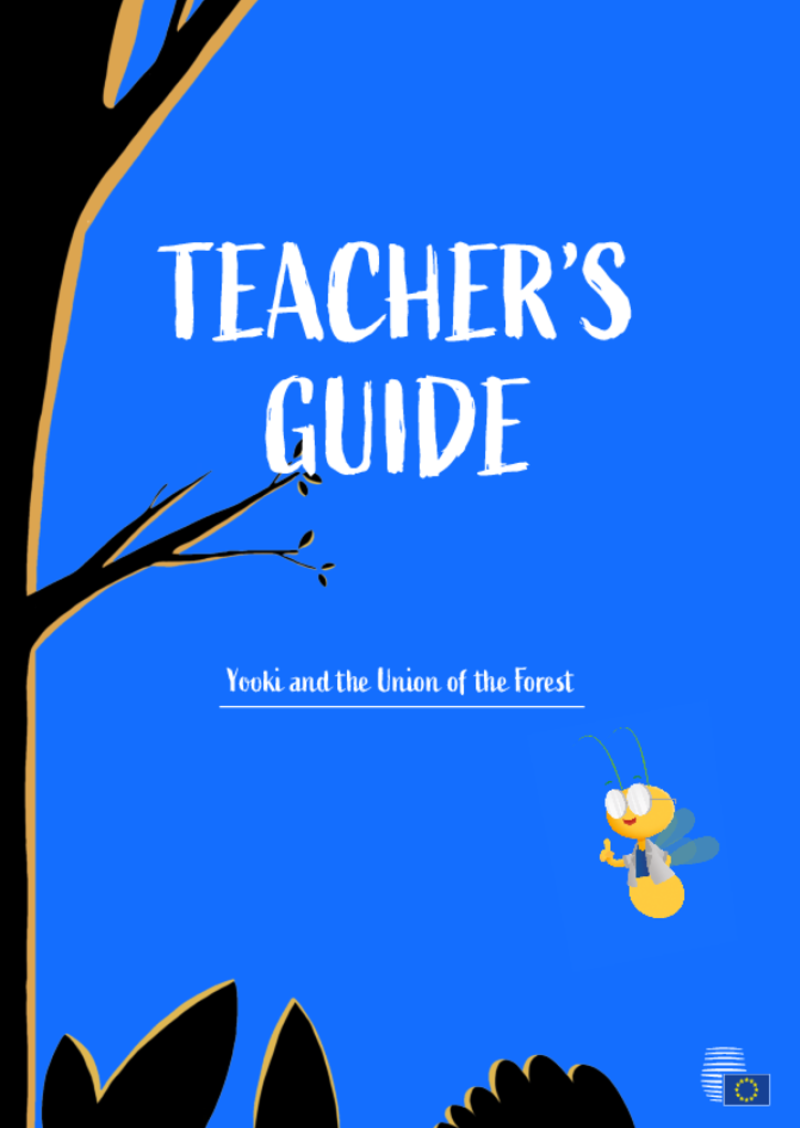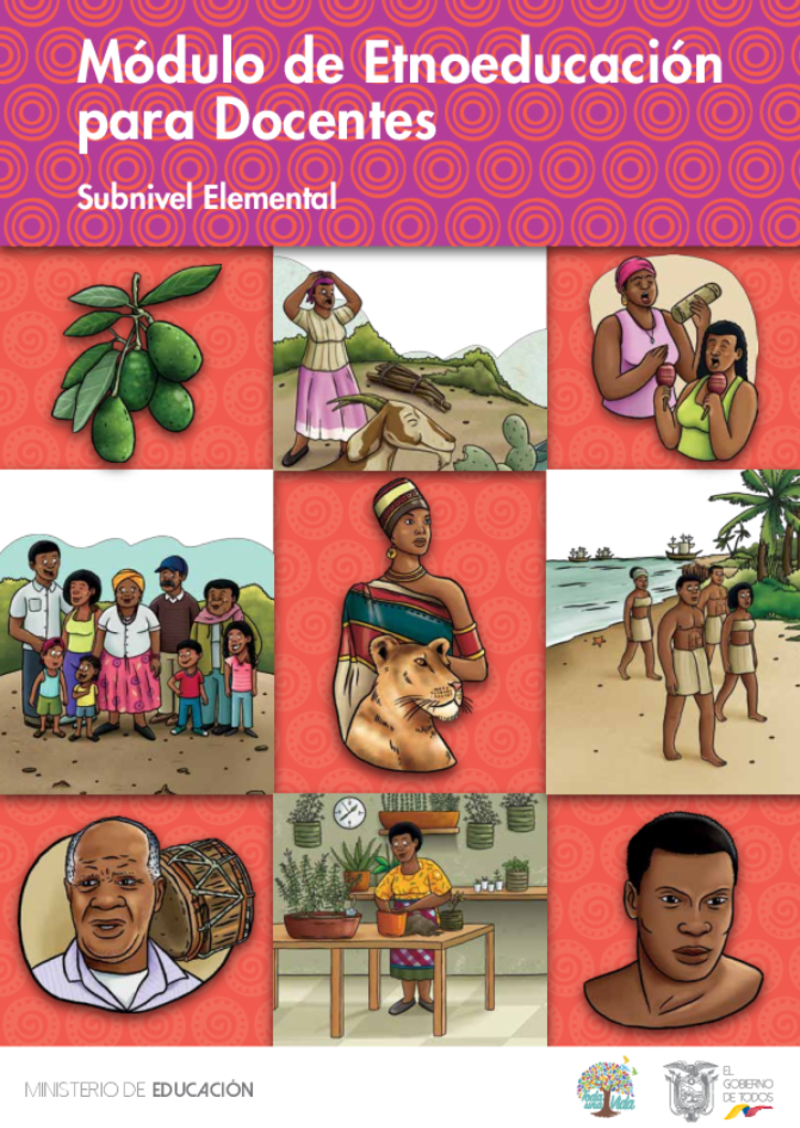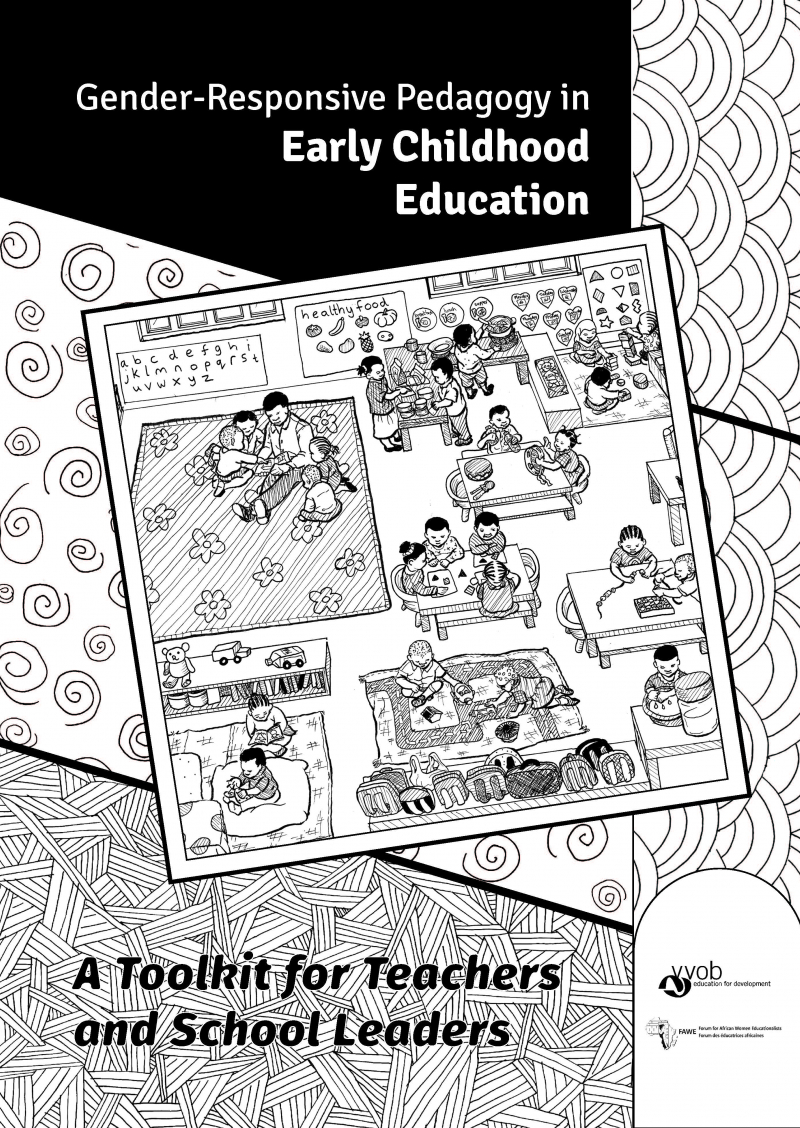Centre de Ressources pour les Enseignants
Affichage de 1 à 3 sur 3
Teacher’s guide – Yooki and the Union of the Forest
This teacher’s guide is part of an educational package designed to explain the European Union to children aged 7–9. The guide offers lesson plans, thematic discussions, group games, and activities to help children understand the EU's history, functions, and concepts like peace and conflict resolution. It provides practical tools and printable materials, allowing teachers to tailor the content to their pupils' needs and learning objectives. The package includes an illustrated story, "Yooki and the Union of the forest," an activity book, "Learn with Yooki," and this online teacher’s guide. All associated ressources, including the full story can be downloaded in all European Union languages through this link.
Módulo de Etnoeducación para Docentes - Nivel Elemental
Este recurso pedagógico a destinación de los docentes y elaborado por el Ministerio de Educación de Ecuador, incluye definiciones desde distintas perspectivas, como la sociológica y la psicopedagógica. Proporciona una contextualización curricular, vinculando los aprendizajes y competencias definidos en el currículo nacional ecuatoriano. Además, ofrece planes de lecciones y recursos para trabajar con alumnos desde la educación primaria hasta la secundaria baja, abordando temas históricos, de organización social y de las tradiciones de las poblaciones afrodescendientes del país.
Gender-responsive pedagogy in early childhood education. A toolkit for teachers and school leaders
The toolkit offers an introduction to gender-responsive pedagogy in early childhood education and serves as a practical guide that can be adapted to any context and the related needs. It provides teachers at early education practical tips to ensure they are able to offer children a learning environment that is free of prejudice and stereotypes. It is a source of ideas that individual teachers and school leaders can put to immediate use in their classrooms and schools. The toolkit was pre-trialled in three countries: Rwanda, South Africa and Zambia, and it can be contextualised for implementation in different African countries.


